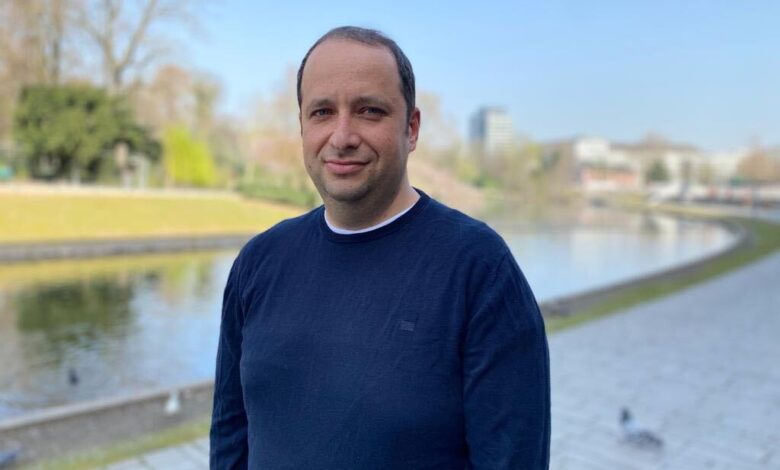Does Lukashenko have a chance to improve relations with the EU?

Lukashenko calls on the EU for good neighborly relations and at the same time militarizes Belarus. He intends to establish cooperation but does not plan to change his aggressive foreign and repressive domestic policies. Will the regime be able to make friends with the collective West again? Historian and political analyst Alexander Friedman explains in an interview with Malanka Media.
Lukashenko’s regime openly signals its desire to resume dialogue, Alexander notes. And in this regard, the regime counts on a friendly Hungary, with which there is a positive dynamics in the relationship. On the European side, there is no desire for public dialogue, and the Hungarian case is rather an exception. Perhaps, non-public communication is present, but there is no public communication, as well as any warming in the relationship.
“In my opinion, the Europeans and Lukashenko have nothing to agree on at the moment, there is no way to come to compromises. Likewise, Europe is dominated by the view that Lukashenko is an insignificant figure and does not affect important political processes for Europe, does not affect the war in Ukraine and even the migration crisis. Agreements with Lukashenko are rather pointless because his opportunities to implement something are limited. So there are no such advancements from the European side,” the analyst said.
With all the desire, the European Union has few opportunities to influence the Lukashenko regime, notes Alexander Friedman. There are sanctions — and they have been imposed, and there will be probably more of them, but they do not bring proper results: sanctions affect the economy, but do not affect the policies of the “authorities”. Moreover, there are no real tools or opportunities to achieve any changes in Belarus, even the release of a certain number of prisoners. “A whole package of sanctions has already been introduced against the Lukashenko regime. And the European Union still has the opportunity to hurt Lukashenko, but the Europeans have saved this toolkit of sanctions for subsequent cases. Because Europe also understands that, except for sanctions, there are no great opportunities to influence and punish Lukashenko,” Friedman explains.
“There is a kind of status quo. The Lukashenko regime does not go for any additional aggravation in the European direction — there is angry and harsh rhetoric, but there are no concrete actions. The European principle is crime and punishment,” Friedman explains. “That is, punishment follows only the committed crime. The European Union sees the continuation of Lukashenko’s repressive policies, but the internal political situation in Belarus is not very interesting for the European side. These processes are not pleasant, but the Europeans openly say: ‘I am sorry, today in Europe there are problems much more serious than Lukashenko’s repressions inside the country.'”
The war in Ukraine and political processes within the EU countries act as a distraction from the situation inside Belarus. But the EU will not simply turn a blind eye to what is happening in Belarus. “This will not happen. Statements will continue, Lukashenko will be criticized, but no one will ever invite him to the club of civilized countries,” the expert concludes.